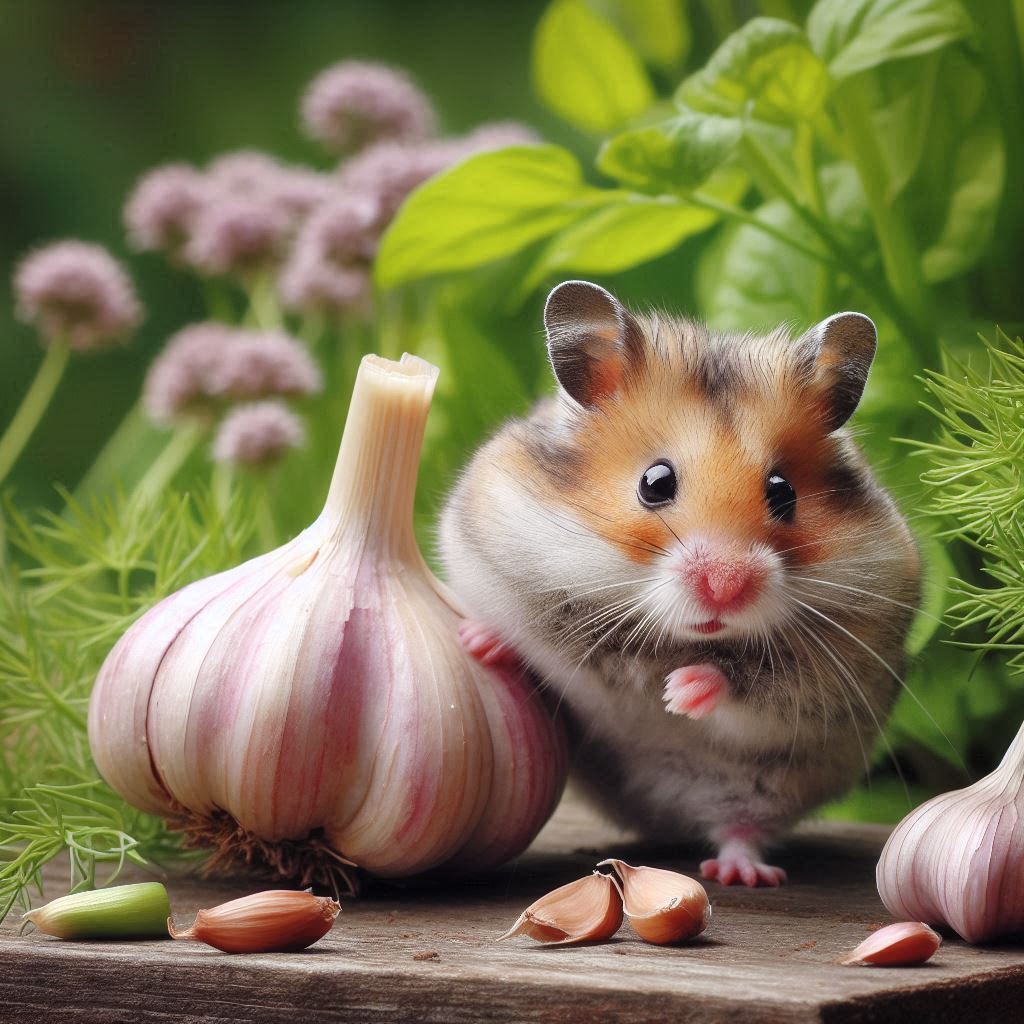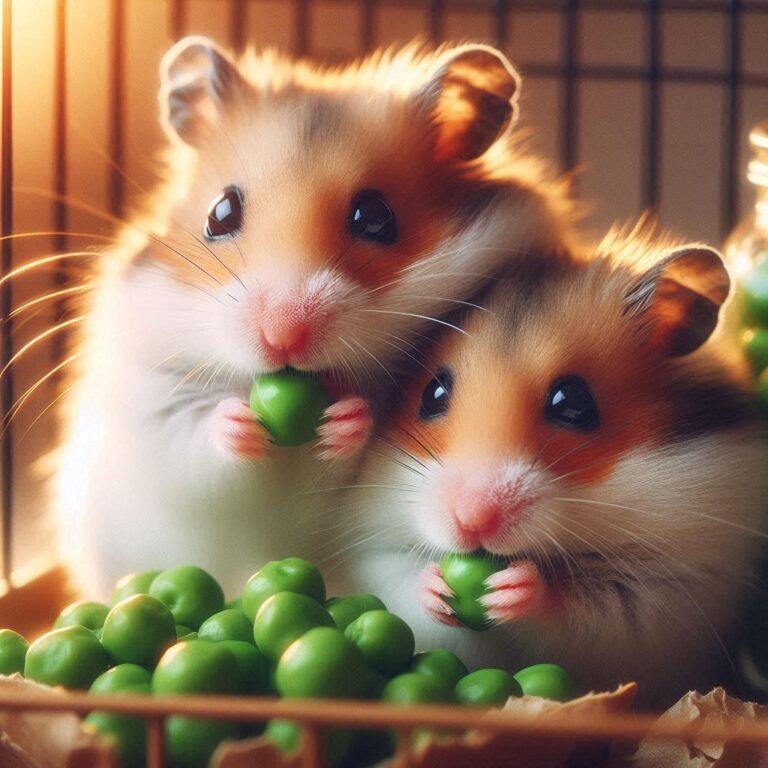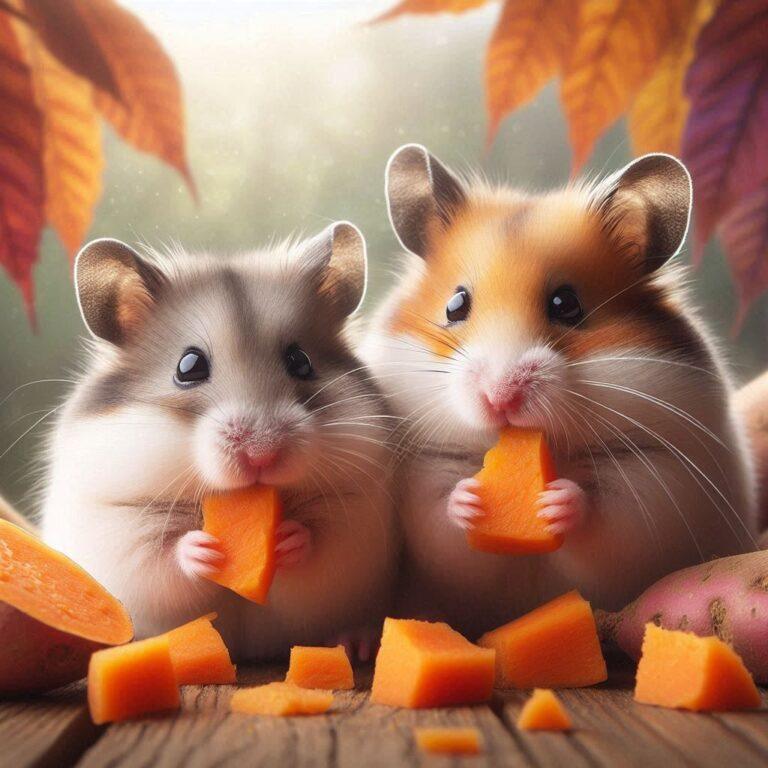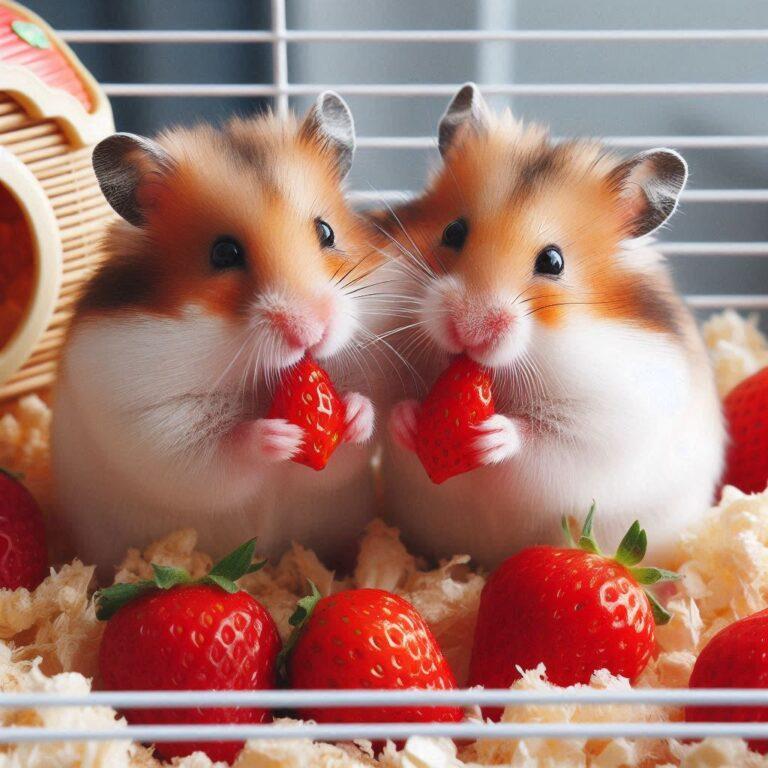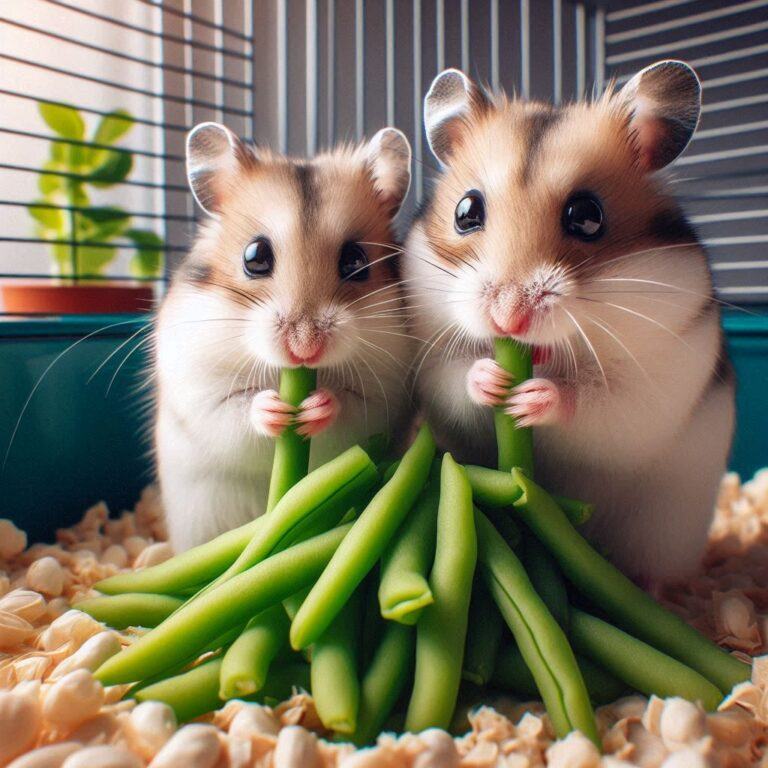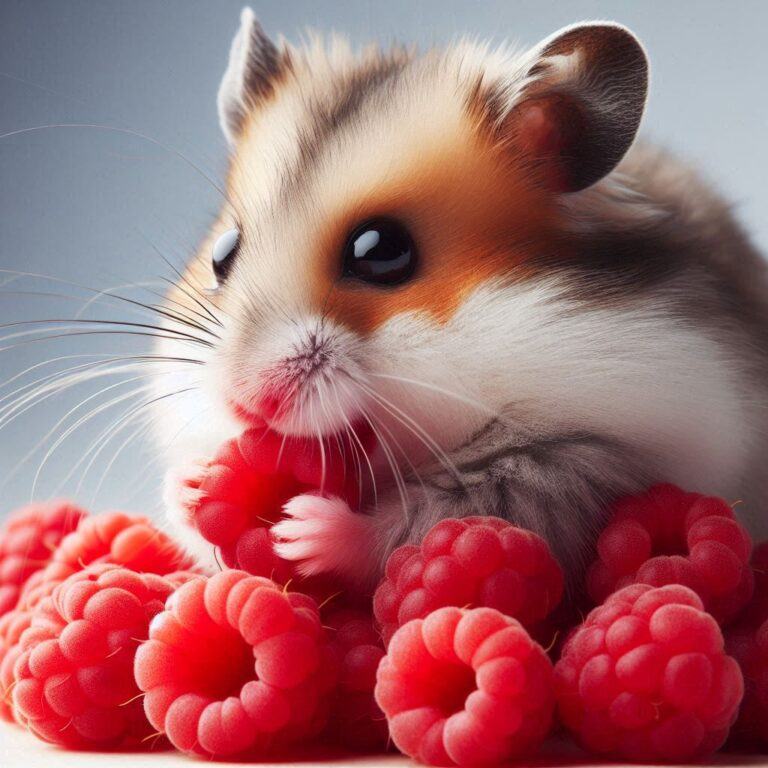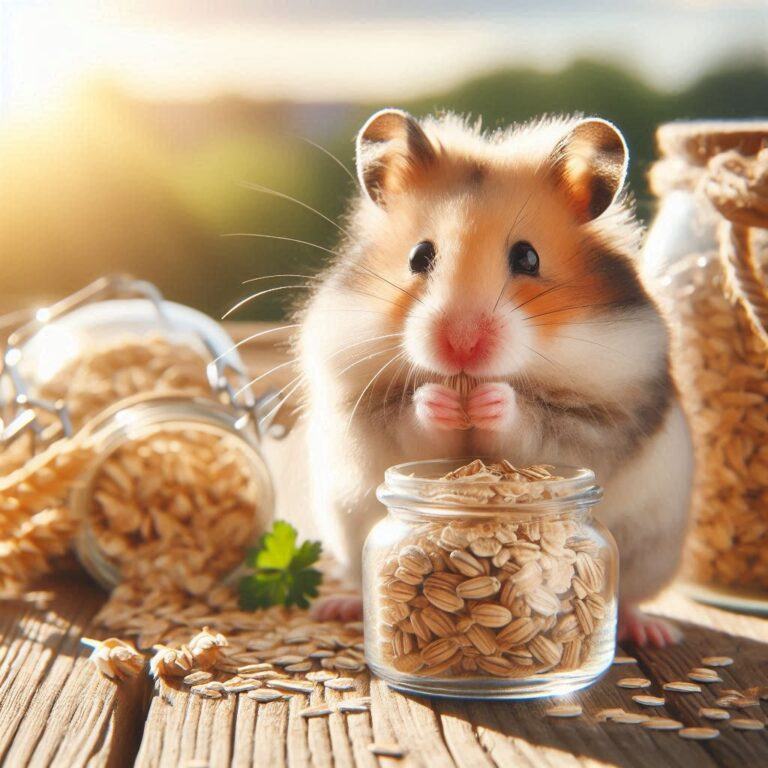Can Hamsters Safely Eat Garlic
No, hamsters should not eat garlic. While many human foods are safe for these small pets, garlic is not one of them. It contains compounds that can cause serious harm to a hamster’s health, particularly by damaging their red blood cells.
This can lead to anemia, which is a medical condition characterized by a decrease in the number of red blood cells or hemoglobin, reducing the oxygen flow to the body’s organs.
In the immediate aftermath of consuming garlic, a hamster might appear lethargic or show a lack of appetite.
Over time, however, the consequences can be more severe, including organ damage or even death.
As responsible pet owners, understanding the symptoms of garlic toxicity is crucial. If you suspect your hamster has ingested garlic, look for signs of weakness, pale gums, and reduced activity levels.
If these symptoms are present, take your hamster to a vet immediately.
A common mistake is assuming that ‘natural’ equates to ‘safe’ for pets.
Garlic as with onions and all other members of the allium family, despite their many health benefits for humans, are a stark exception for hamsters and most of our beloved pets for that matter.
Understanding Hamster Dietary Needs and Restrictions
Hamsters have straightforward dietary requirements.
A well-balanced diet for them typically includes a combination of pellets, grains, vegetables such as green beans or carrots, proteins, and an occasional fruit treat like a slice of fresh banana or a strawberry or raspberry.
As responsible hamster owners, we must recognize which foods contribute positively to our pet’s health and which to avoid to prevent health issues.
There are several safe foods for hamsters. These include timothy hay, pellets designed for hamsters, small amounts of leafy greens, and select vegetables and fruits like carrots, pumpkins, bananas, and apples.
It’s key to introduce any new foods gradually to monitor for any adverse reactions.
While garlic is a clear no-go, it’s not the only substance that’s harmful to hamsters. Many human foods, such as chocolate, caffeine, and any high-sugar or high-fat foods, are also dangerous to these small animals.
Foods high in acid, like citrus, or any spicy items can cause significant digestive issues.
Before adding anything to our hamster’s diet, it’s advisable to conduct thorough research or consult with a veterinarian.
Vets can provide valuable guidance on what additions might benefit our hamster’s health, depending on their species, age, and current health status.
It’s essential to make informed decisions about diet to ensure the safety and well-being of our furry friends.
Creating a Safe and Healthy Diet Plan for Our Hamsters
A balanced and varied diet is fundamental to our hamster’s well-being. The diet should primarily consist of a quality hamster mix, which provides a bulk of the necessary nutrients.
Fresh veggies and occasional fruits can be added, but in moderation due to their sugar content.
Safe treats, like plain, cooked pasta or a small piece of cooked chicken, can be given sparingly to prevent obesity.
Commercial hamster treats are available, but it’s vital to check the ingredients for harmful additives.
To monitor your hamster’s health, pay close attention to their eating habits, energy levels, and appearance.
Consistent, quality nutrition should result in a lively and healthy hamster with a shiny coat.
If you’re in doubt about dietary choices, professional advice from a veterinarian is always a good plan. They can provide guidance tailored to your hamster’s age, breed, and health status.
Remember, each hamster is unique and may have specific dietary needs. Keep an eye on how yours reacts to different foods and adjust accordingly.
By being mindful of these guidelines, you can ensure a nutritious diet that will help your pet thrive.

